‘The rays of the sun conquer the night’ sings Sarastro, at the end of Mozart and Schikaneder’s Die Zauberflöte. It was the Royal Opera’s first performance of January 2023 and there’s something profoundly consoling about seeing this of all operas at the midnight of the year. The lights dim; five chords ring out and that first triplet from the violins falls quietly into place as Mozart engages the gears and together we move off on our long, sweet journey towards light.
Already a subscriber? Log in
Subscribe for just $2 a week
Try a month of The Spectator Australia absolutely free and without commitment. Not only that but – if you choose to continue – you’ll pay just $2 a week for your first year.
- Unlimited access to spectator.com.au and app
- The weekly edition on the Spectator Australia app
- Spectator podcasts and newsletters
- Full access to spectator.co.uk
Or
Unlock this article
You might disagree with half of it, but you’ll enjoy reading all of it. Try your first month for free, then just $2 a week for the remainder of your first year.

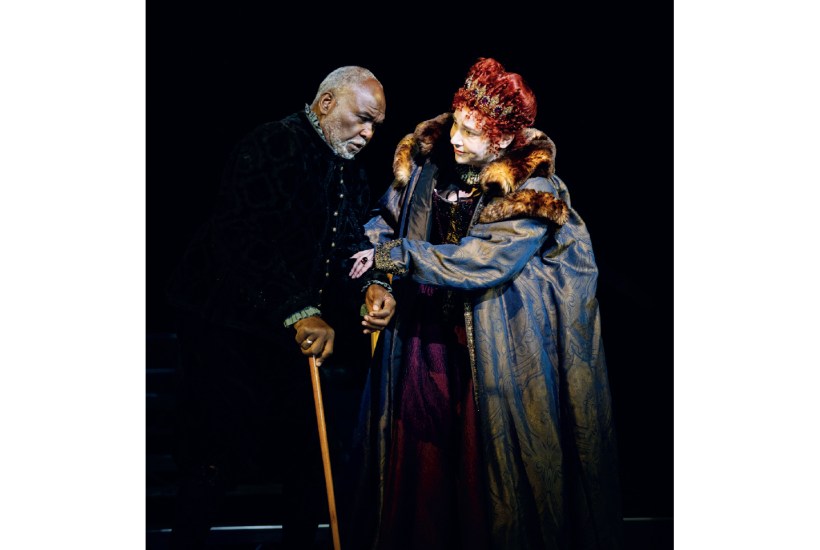

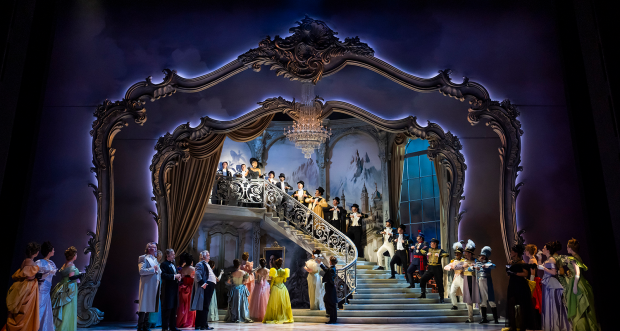
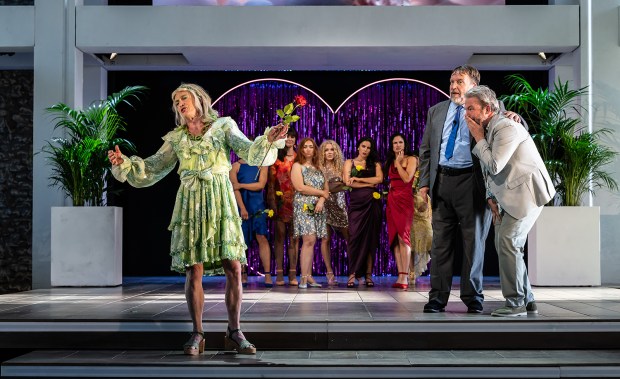
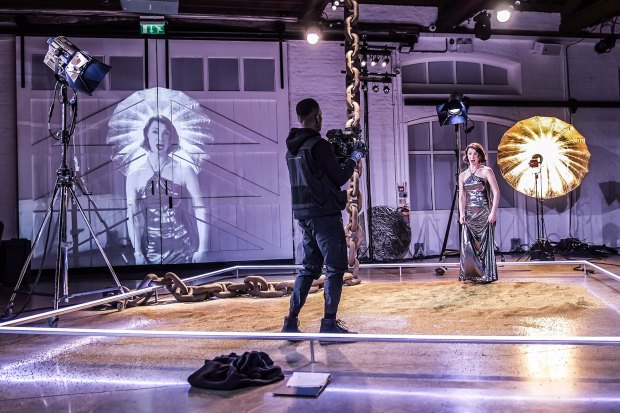

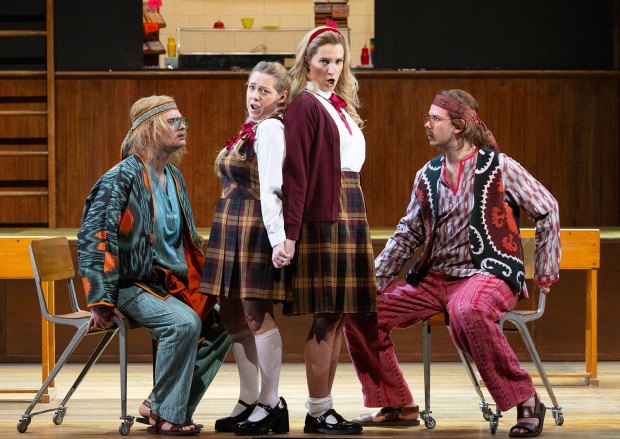






Comments
Don't miss out
Join the conversation with other Spectator Australia readers. Subscribe to leave a comment.
SUBSCRIBEAlready a subscriber? Log in